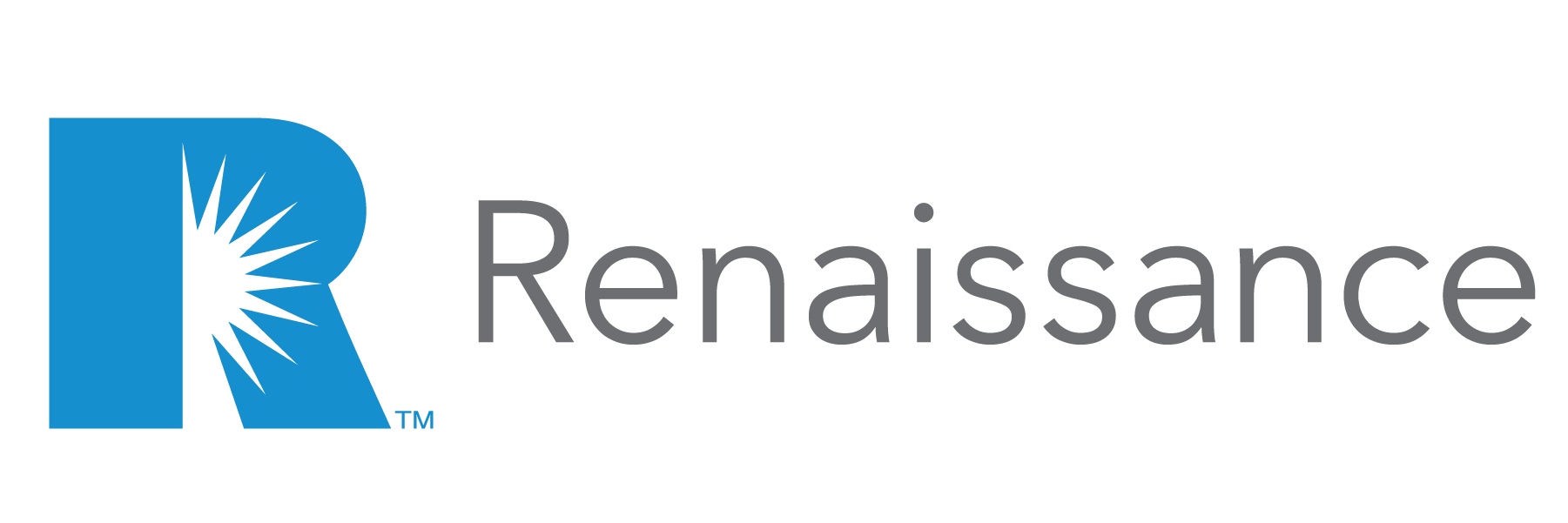When an independent insurance agent starts to introduce AI-powered tools into their workflow, the new technology can feel like a superpower: faster quotes, sharper recommendations, and less valuable bandwidth spent on repetitive tasks such as quote comparisons.
AI in insurance is a game changer, but the same data that fuels those results — names, addresses, driver’s license numbers, financial details, health information — creates real legal risk for the insurance agency if it’s exposed or misused. For independent agencies, understanding the risks around personally identifiable information (PII) isn’t optional; it’s part of your duty to clients and your own risk management.
When it comes to AI for insurance agents, your clients expect you to safeguard their data and choose competent vendors. A preventable incident could spark negligence claims, especially if you skipped reasonable steps of due diligence or ignored best practices.
Below is a practical guide to understanding the exposures, and how to manage them.
Why AI-powered tools raise the stakes
Independent agents should be aware that AI-enabled raters and aggregators typically:
- Ingest more PII than traditional forms (often via automated data pulls)
- Transmit it to multiple carriers and third-party services
- Store it in cloud environments you don’t control, and even …
- Use it to train or refine AI models — sometimes by default.
Each step increases the “attack surface” and introduces third-party risk of personal-information exposure for your agency. If your clients’ data is mishandled anywhere in that chain, you may still be on the hook
Example: Driver’s License and Auto Policy Data Gets Compromised
Imagine you’re helping a client shop for auto insurance through an AI-powered quote-comparison platform. You received a quote back with following details in the document:
- Name
- Address
- Date of birth
- Driver’s license number
- Vehicle details
A few months later, the vendor of the AI tool you used to compare this quote document announces that its network was hacked, and thousands of driver’s license numbers and policy details were stolen — including your clients’ information.
Legal trouble for your agency could look like this:
- State breach-notification laws. Almost every state requires you (the agent) to notify affected clients if their PII is exposed, often within 30 to 60 days. Some states also require you to notify the state attorney general or department of insurance. Failing to do so could lead to fines.
- Insurance commissioner investigations. Many states that adopted the National Association of Insurance Commissioner’s Insurance Data Security Model Law require agencies to show they vetted their vendors and had safeguards in place. If you didn’t conduct basic due diligence, regulators may hold you responsible.
- Civil liability. If a client suffers fraud or identity theft because their driver’s license number was exposed, they could bring a negligence claim against your agency, arguing that you didn’t take reasonable steps to protect their data.
- Carrier consequences. Carriers may question whether you followed contractual obligations around data security, potentially jeopardizing your appointments.
Basic Steps You Can Take to Keep Your Clients’ Data Safe
- Choose reputable vendors.
- Stick to tools that are widely used in the insurance industry (not “beta” or unproven apps).
- Ask vendors directly: “Do you save, sell or reuse my clients’ data? Do you train your AI on it?” Get the answers in writing.
- Don’t overshare client info.
- Only enter the minimum data needed to get the AI results back.
- Avoid uploading full documents (such as driver’s licenses, tax returns) unless the AI tool specifically requires it.
- Update your agency’s privacy notice.
- A simple one-page notice is often enough; it shows you disclosed the use of client data.
- Get client consent when appropriate.
- If you’re pulling credit-based insurance scores, let clients know and get their permission first.
- Keep a copy of that consent (even if it’s just an e-mail or a signed note) in their file.
- Practice basic security hygiene.
- Protect logins with strong passwords and (if available) multi-factor authentication.
- Don’t share logins across staff.
- Always log out of AI platforms when not in use.
- Have a breach plan — even if it’s simple.
- Know who you’d call if a client’s data were exposed (your cyber insurer, your state DOI, and the vendor). (You do have a cyber policy for your agency, don’t you?)
- Have your agency E&O or cyber policy reviewed to confirm it covers data breaches.
AI tools for insurance agents will continue to evolve – and as they do, it’s critical that agents remain vigilant in protecting their clients’ personal information. Doing so could end up saving you a bundle.








